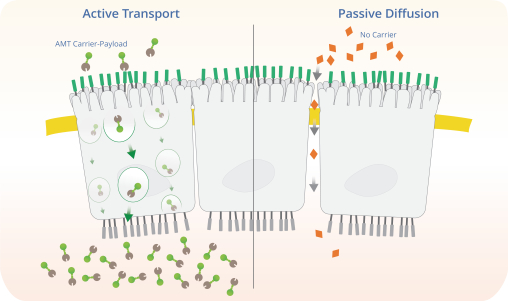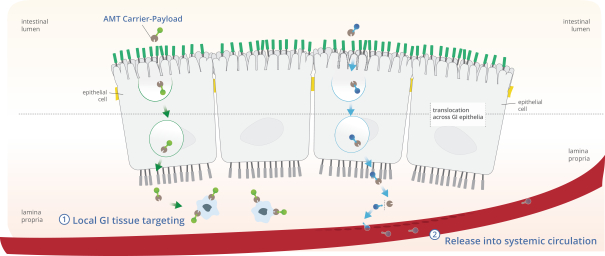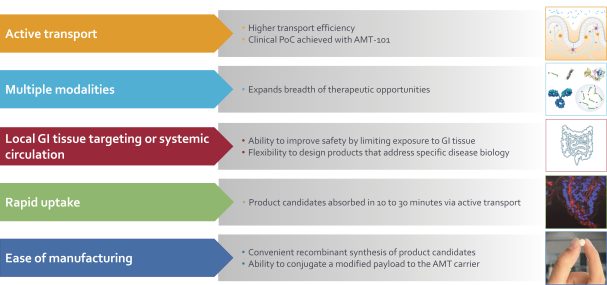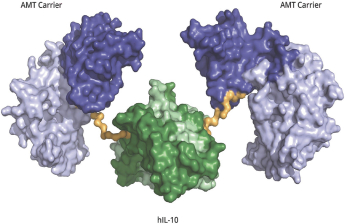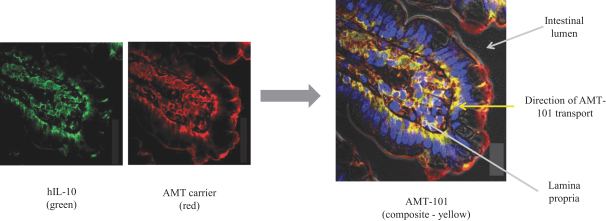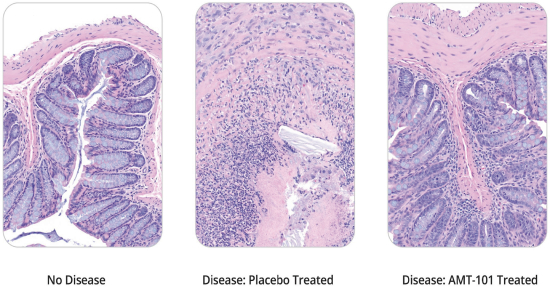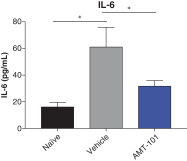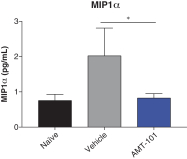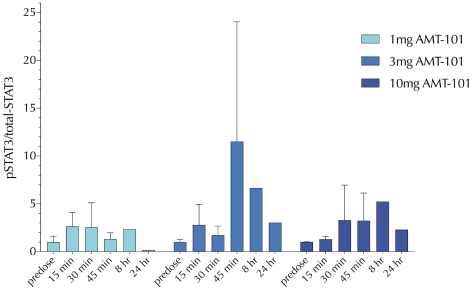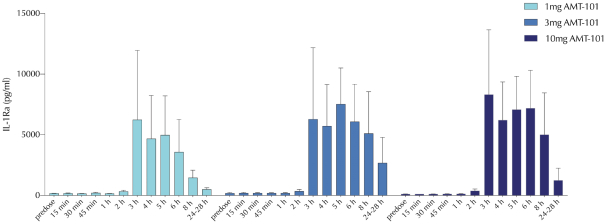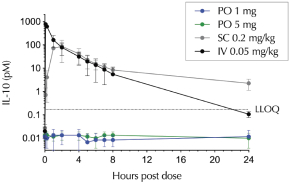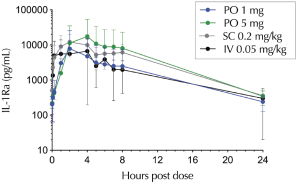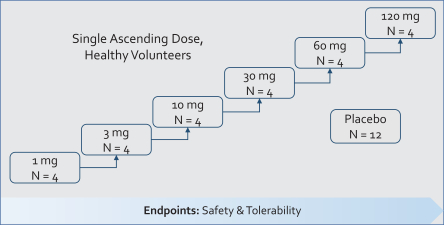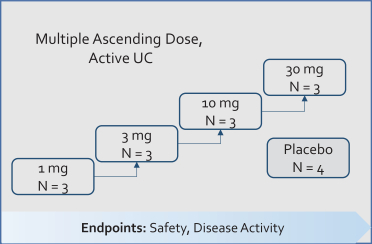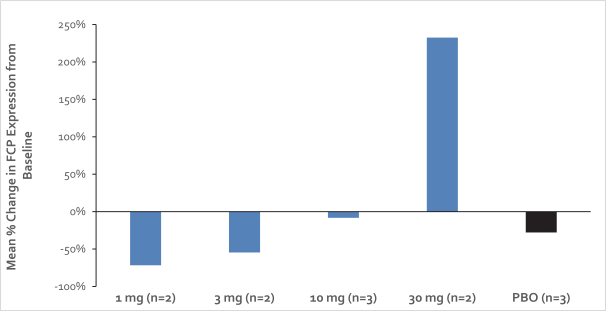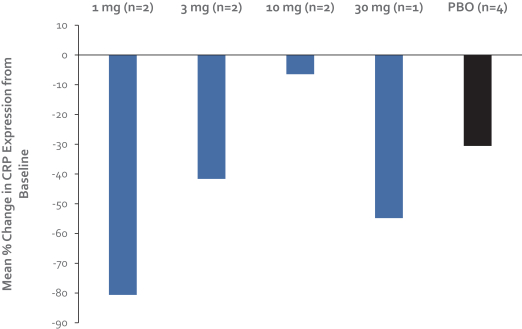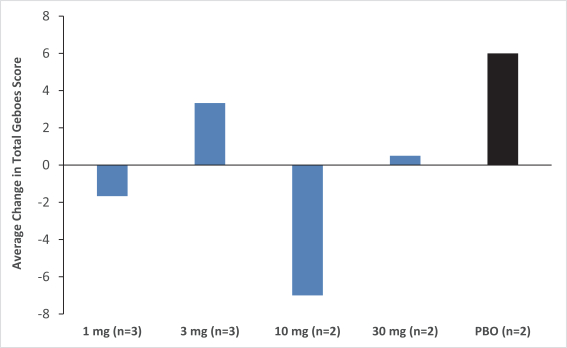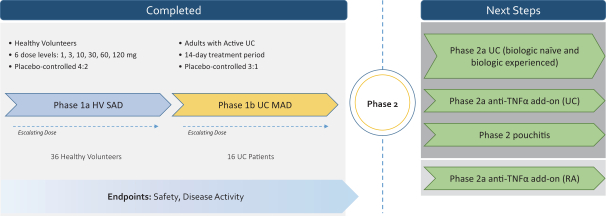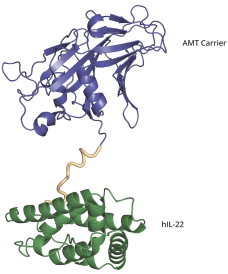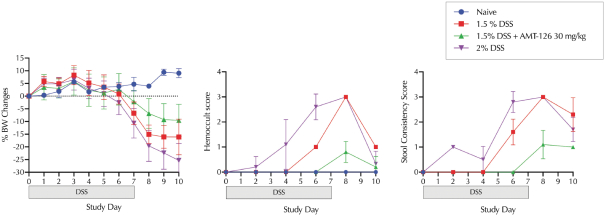resulting from a violation of the federal Anti-Kickback Statute, can result in a false or fraudulent claim for purposes of the federal False Claims Act.
Civil and criminal false claims laws, including the federal False Claims Act, which can be enforced through civil whistleblower or qui tam actions, and civil monetary penalty laws prohibit, among other things, individuals or entities from knowingly presenting, or causing to be presented, claims for payment to the federal government, including federal healthcare programs, that are false or fraudulent. For example, the federal False Claims Act prohibits any person or entity from knowingly presenting, or causing to be presented, a false claim for payment to the federal government or knowingly making, using or causing to be made or used a false record or statement material to a false or fraudulent claim to the federal government. A claim includes “any request or demand” for money or property presented to the U.S. government. Pharmaceutical and other healthcare companies have been prosecuted under these laws for, among other things, allegedly providing free products or other illegal kickbacks to customers to induce customers to refer or use the companies’ products over competitors’ products or alternative treatments that were billed to federal healthcare programs for reimbursement for the products.
The U.S. federal Physician Payments Sunshine Act requires applicable manufacturers of prescription drugs, devices, biologics or medical supplies subject to FDA approval or clearance for which payment is available under Medicare, Medicaid, or the Children’s Health Insurance Program, with specific exceptions, to annually report to the Centers for Medicare & Medicaid Services (CMS) information related to certain payments or other transfers of value made to physicians, as defined by such law, or teaching hospitals, including ownership and investment interests held by physicians and their immediate family members.
HIPAA created additional federal criminal statutes that prohibit, among other things, executing a scheme to defraud any healthcare benefit program, including private third-party payors, and making false statements relating to healthcare matters. In addition, HIPAA, as amended the Health Information Technology for Economic and Clinical Health Act of 2009, or HITECH, and their implementing regulations, impose certain requirements on HIPAA covered entities, which include certain healthcare providers, healthcare clearinghouses, and health plans, as well as individuals and entities, known as business associates, that provide services for or on behalf of the covered entities that involve individually identifiable health information, relating to the privacy, security, and transmission of individually identifiable health information.
We are also subject to additional similar U.S. state and foreign law equivalents of each of the above federal laws, which, in some cases, differ from each other in significant ways, and may not have the same effect, thus complicating compliance efforts. For example, we may be subject to state and foreign anti-kickback and false claims laws that may apply to sales or marketing arrangements and claims involving healthcare items or services reimbursedby non-governmental third party payors, including private insurers, or that apply regardless of payor; state laws that require pharmaceutical companies to comply with the pharmaceutical industry’s voluntary compliance guidelines and the relevant compliance guidance promulgated by the federal government; state and local laws that require drug manufacturers to report information related to payments and other transfers of value to physicians and other healthcare providers or marketing expenditures; state laws that require the reporting of information related to drug pricing; state and local laws requiring the registration of pharmaceutical sales representatives; and state and foreign laws governing the privacy and security of health information in some circumstances, many of which differ from each other in significant ways and often are not preempted by HIPAA, thus complicating compliance efforts.
If our operations are found to be in violation of any of such laws or any other governmental regulations that apply, we may be subject to penalties, including, without limitation, significant civil, criminal and administrative penalties, damages, fines, exclusion from participating in government-funded healthcare programs, such as Medicare and Medicaid or similar programs in other countries or jurisdictions, government investigations, consent decrees, corporate integrity agreements, integrity oversight and reporting obligations to resolve allegations ofnon-compliance, disgorgement, imprisonment, contractual damages, reputational harm, diminished profits and market share, and the curtailment or restructuring of our operations.
135



